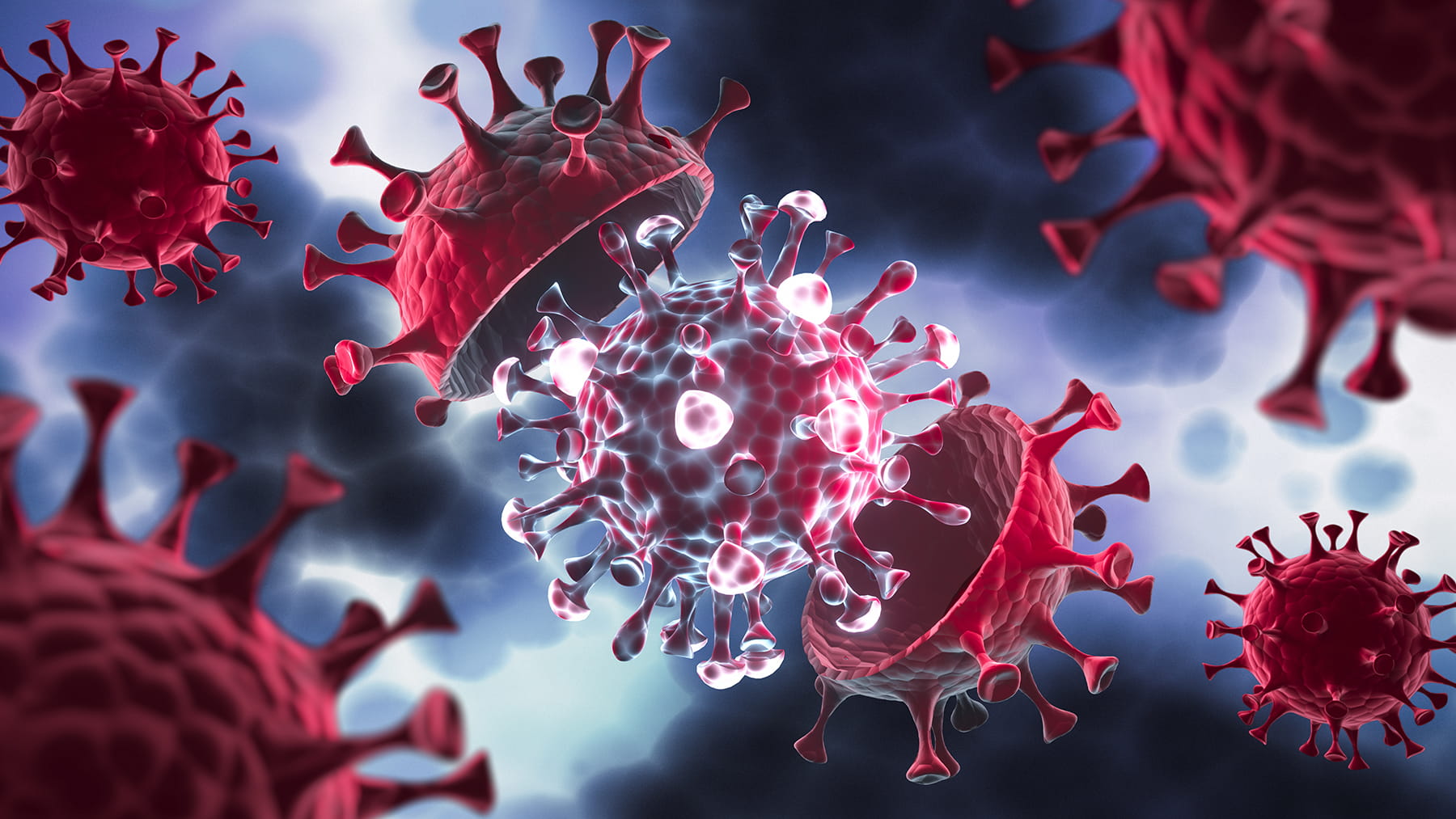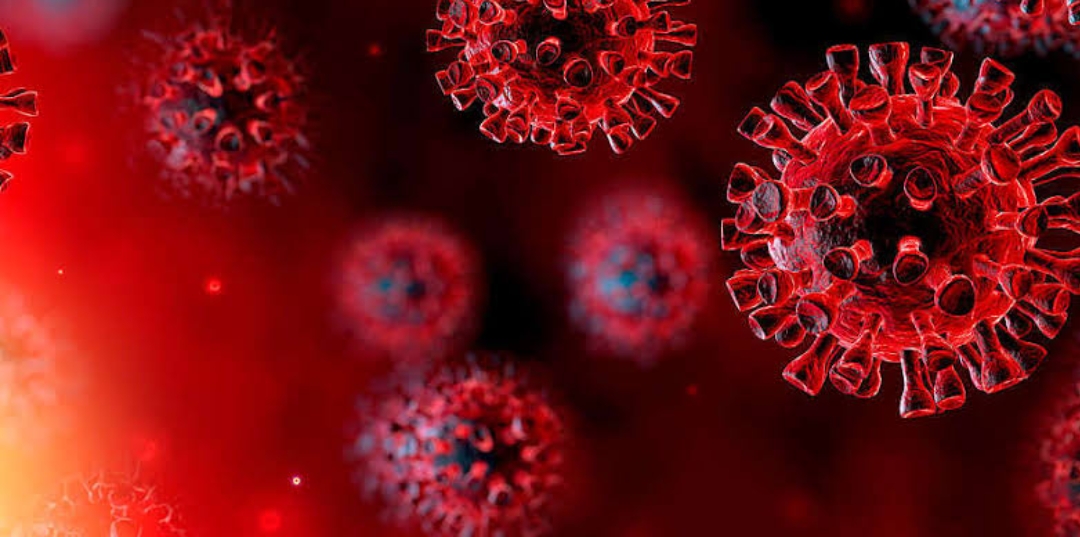
Infectious diseases standards for workplace in discussion
COVID-19 pandemic has made businesses all over the world their way of administration. This includes applying stricter measures of sanitization and disease control. These Infectious diseases standards are not only made compulsory by the business cooperations but made mandatory by the federal or state governments. California also has an ATD requirement that extends to correctional and healthcare facilities, as well as fire, police, and other public services. Virginia has a COVID-19 requirement that will remain in effect until the state standards board decides to repeal it. Health and safety advocates, trade unions, and members of Congress have called for the Occupational Safety and Health Administration (OSHA) to issue an infectious disease standard in the aftermath of the COVID-19 pandemic.
What happens when half of a company’s staff is exposed to an infection and is forced to take time off due to the risk of contagion or illness? A sick person will spread the infection to hundreds, if not thousands, of people in a matter of hours. It’s important to follow best practices and take appropriate precautions. Experts in infectious diseases say it’s important to get the recommended vaccines and immunizations to help prevent infection and disease spread. Other important things to keep in mind when preventing the spread of infectious diseases are:
Hand hygiene is essential to prevent the spread of infection, so wash your hands thoroughly.
- When you’re sick, stay at home so you don’t expose anyone.
- If you are in close contact with a sick person, avoid using public transit, rail, or air travel. Infectious agents are spread among a large number of people enclosed in a small space.
- Don’t share items – passing around items that have been touched by an infected person can transfer the illness
- Practice respiratory hygiene
- Adhere to proper infection/exposure control precautions.
The emerging pandemic has exposed flaws in workplace preparedness and employee safety against microbial contamination. Interim guidance and stop-gap steps have been issued by federal and state government departments, which continue to change and differ in method and appropriate controls. This haphazard and contradictory approach has left companies perplexed as they prepare to reopen after the pandemic, as well as doubt about the effectiveness of necessary or suggested controls. Moving forward, companies and the government should develop clear and appropriate infectious diseases standards to address possible microbial exposures in the workplace through a national norm. Such a standard will require effective worker protections from infectious diseases and assure business continuity.


















